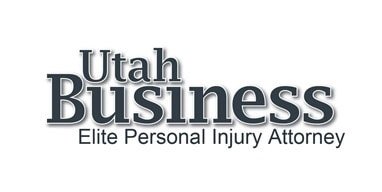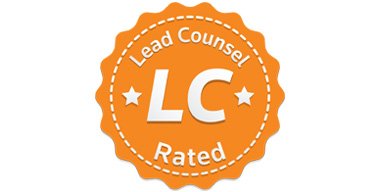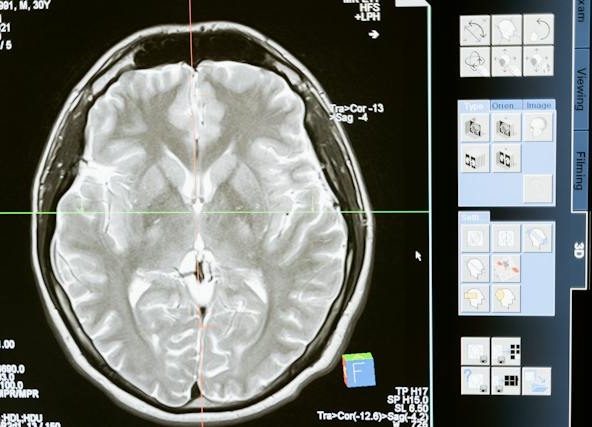According to the current numbers released by the U.S. Bureau of Labor Statistics, the personal sector reported somewhat greater than three million nonfatal office injuries and diseases in 2013. Office injuries and health problems commonly arise from falls, repetitive motion injuries, hands-on products dealing with slides, falls, and even car mishaps.
Loss is a usual job-related risk for building and construction workers, leading to broken bones, spinal cord injuries, stressful brain injuries, and even fatality. Reasons include malfunctioning tools, harmful work conditions, and carelessness.
Carpal tunnel syndrome arises from carrying out the same motion over and over once again for an extensive amount of time, causing bursitis, carpal passage, and tendonitis. These are one of the most typically reported workplace injuries.
According to the UNITED STATE Bureau of Labor Stats, greater than one million employees endure back injuries, making up one out of every five hands-on materials handling work-related injuries or illnesses. Back injuries arise from bringing, holding, training, reducing, or placing tons.
Slip and falls are not compensable under employees’ compensation unless a dangerous condition at the time created the loss. These can cause damaged bones, head injuries, or musculoskeletal injuries.
Injuries sustained in an automobile mishap are compensable if the employee was taken part in an occupational organization. Workers are not made up of injuries received traveling to and from work, except in unique situations.
What Do You Do After An Injury
You require to notify your prompt manager quickly after you are harmed at work. The coverage needs vary from one state to another. Failure to report a workplace injury or health problem within the state-mandated time frame might result in forfeiture of your right to file a workers’ settlement case.
As soon as your company is alerted, they are required to ensure you receive all the necessary clinical focus. Furthermore, companies need to notify their insurance carrier and file a claim with the state employees’ settlement board.
What Benefits Are You Qualified To
Workers’ payment covers all clinical expenditures required to diagnose and deal with an employee’s work environment injury or disease, consisting of physician visits, prescriptions, surgical treatment, and long-lasting clinical tools. Employees are likewise entitled to employment recovery advantages if not able to go back to their pre-injury work.
Workers’ compensation benefits compensate staff members for lost earnings while off work. The advantage amount is typically two-thirds of a worker’s once a week wage. There are four types of impairment benefits.
Momentary Total Disability. Staff members receive temporary complete special needs advantages while off benefit a limited amount of time.
Short-term Partial Disability. Employees get short-lived partial disability advantages if they can execute light job tasks until they can return to operate at the same degree of work.
Long-term Total Handicap. Workers receive permanent total special needs benefits if they are permanently and handicapped and cannot return to work. The employee may likewise be eligible to obtain Social Protection special needs repayments.
Permanent Partial Disability. Workers obtain irreversible partial disability benefits if the full or partial loss of the body or body component partly influences their ability to function.
Survivor benefit. Family members are qualified to get survivor benefits when a worker is eliminated at work as a settlement for financial support loss.
What Are Your Legal right
Employees’ payment does not cover personal injuries or compensatory damages, which a hurt staff member might qualify. In particular circumstances, staff members injured on duty can file a civil court claim to recoup added damages. For that reason, injured staff members must recognize their lawful rights.
In most states, staff members can recoup damages if their employer significantly and directly hurts them. Alabama, Georgia, Indiana, Maine, Nebraska, New Hampshire, Pennsylvania, Rhode Island, Virginia, and Wyoming are the exceptions.
Harmed staff members can file a personal injury claim against their employer in civil court if they do not carry workers’ settlement insurance coverage. You must show that your company was a mistake for on the job injury.
If a work environment injury arises from a faulty device or tool, the staff member can file a claim against the supplier. The manufacturer would be accountable for damages.
Workers exposed to hazardous materials can deal with long-lasting collective effects, including cancer cells, neurological damage, and lung diseases. Employees can file a poisonous tort case versus the supplier.
When a third-party triggers the workplace injury or health problem, the employee can file an injury claim versus that person.
What to Try to find In an Injury Lawyer
It is crucial to choose an accident legal representative who has your best interests in mind. Throughout your initial appointment, ask: What are their background and experience? What is their evaluation of your case? Can they manage your instance currently? What do they bill? This is your opportunity to interview the attorney to guarantee they are the best one for your case.
The employees’ compensation system operates a lot of the time smoothly. Nonetheless, there are times you require a work environment injury legal representative to lead you with the insurance claims procedure. Without the appropriate advice, you may not get all you are entitled to.
If you need an injury lawyer, Utah, Personal Injury Lawyers can aid. Obtain a free injury analysis with an independent lawyer and afterward discuss your instance choices.











